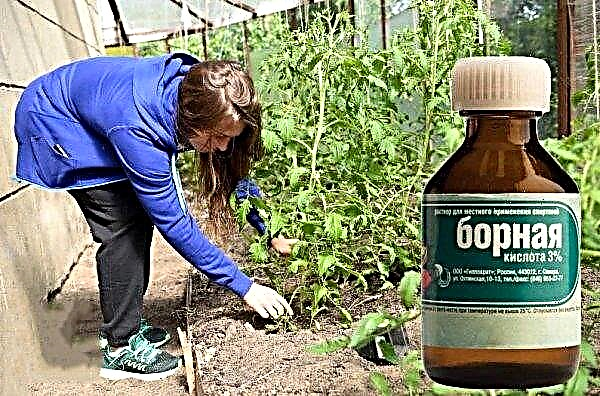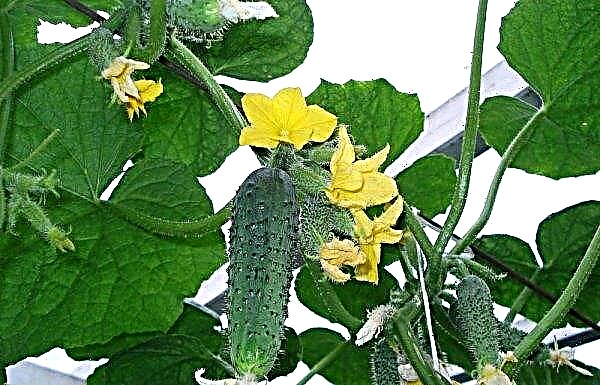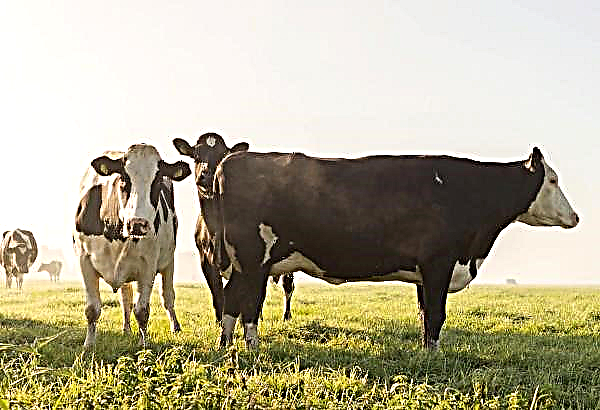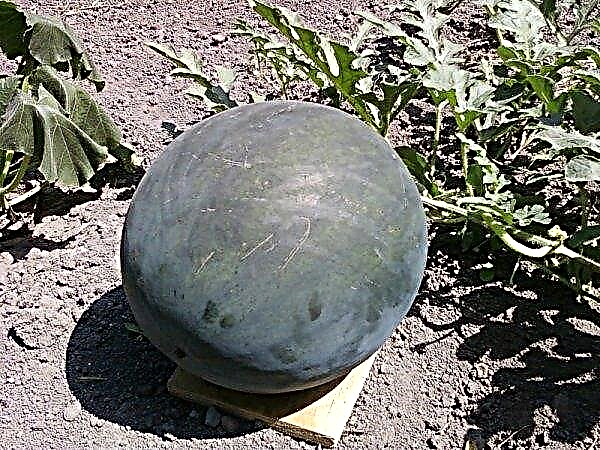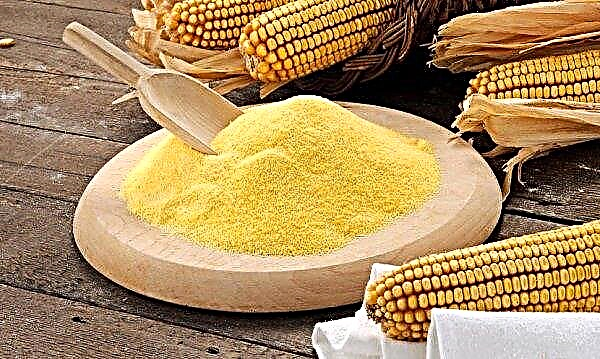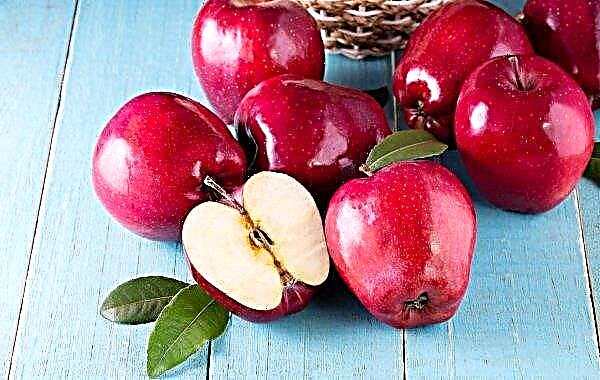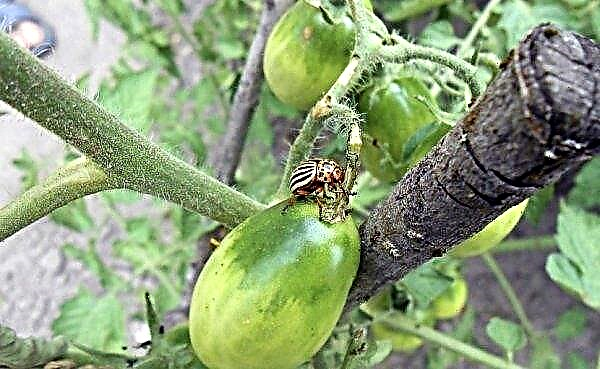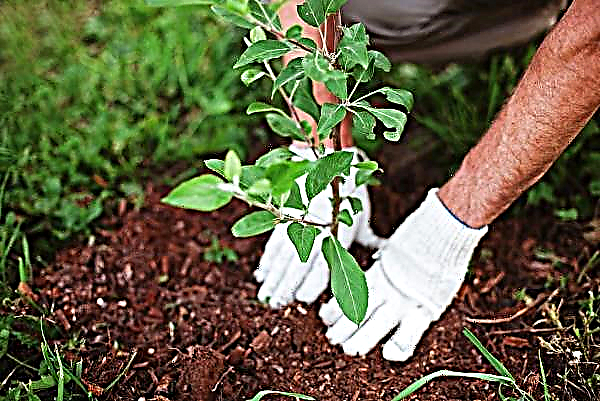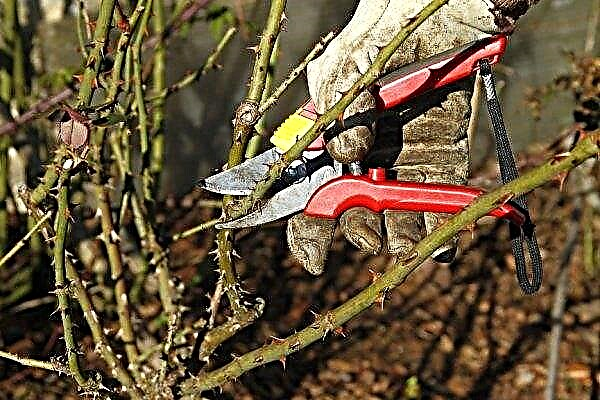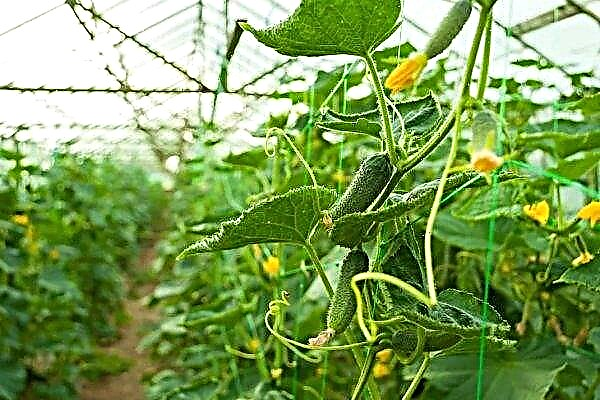A group of researchers from the United States found a way to reverse the decline in crop yields on saline farmland around the world.
Led by Brent Nielsen, a professor of microbiology and molecular biology at Brigham Young University, scientists used the bacteria found in the roots of salt tolerant plants to successfully inoculate alfalfa plants against excessively saline soil.
“We take the roots of these salt-tolerant plants (called halophytes), grind them and grow the bacteria in a petri dish in the laboratory,” said Nielsen. “By doing this, we isolated more than 40 different isolates of bacteria, some of which can carry salt content at sea level.”
 Alfalfa
Alfalfa
The team then applied bacterial isolates to alfalfa seeds through a solution and tested the ability of alfalfa to grow under high salt conditions. They saw significant alfalfa growth both in their laboratory and in the greenhouse experiments conducted by employees of the Institute for Advanced Studies and Research in Virginia.
“As a piece of land is reused for farming, salinity is increasing; there’s salt in irrigation water, and when the water evaporates or is absorbed by the plants, the salt remains, ”said one of the 6 scientists Caitlin McNary. “Thanks to what we have discovered, lands that currently cannot sustain plant life due to high salinity can be reused for growing crops.”
 Halophytes
Halophytes
In addition to working on alfalfa, the research team has already begun conducting laboratory and greenhouse experiments with rice, green beans and lettuce. The next step is to conduct field trials on inoculated cultures.

